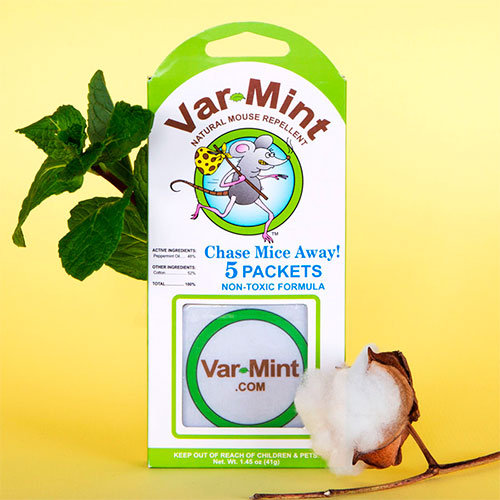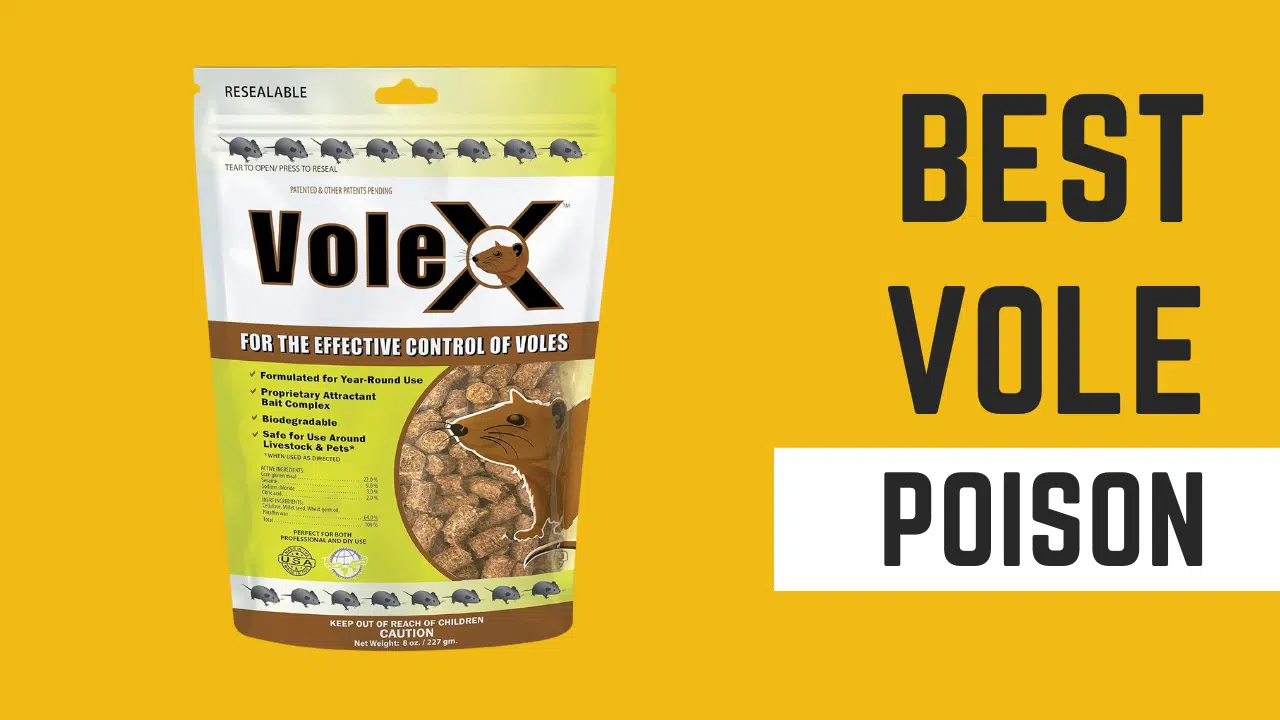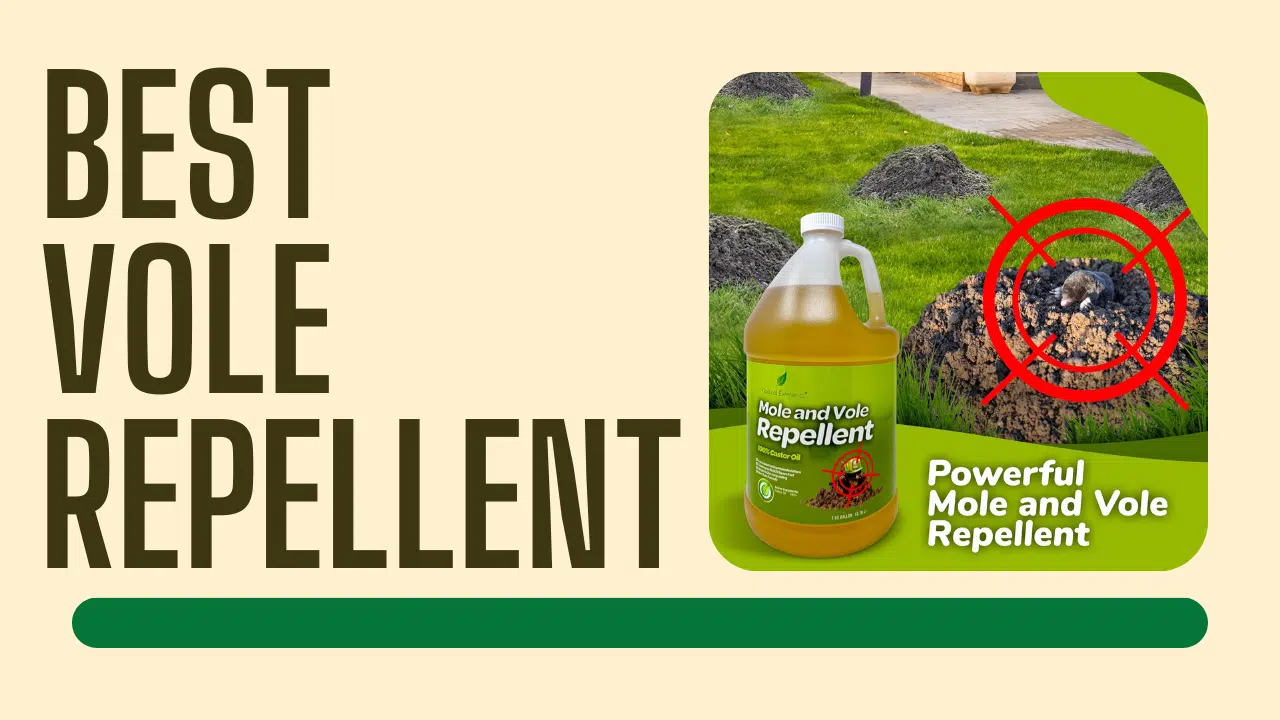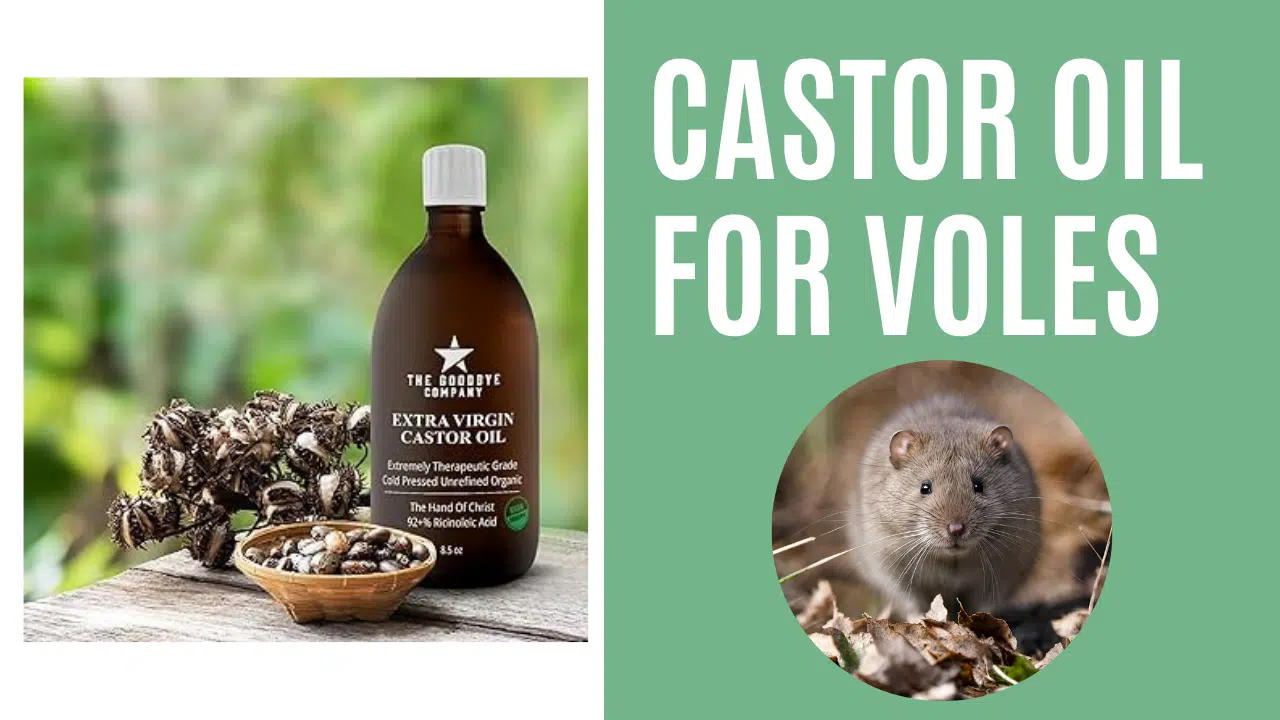
- LAST UPDATED: December 11, 2023
Winning the war on mice is not nearly as easy as your opponents’ small size might have you believe. Mice are clever, sneaky, clandestine, and able to squeeze into your home through penny-sized holes.
But the best way to win against mice is to keep them away to begin with. And if you’ve finally driven them out or trapped them one by one, the last thing you want to deal with is a re-infestation. So how can you make mice stay away?
There may be many answers to mice prevention, including general cleanliness, eliminating their food and water supplies, and stuffing steel wool into entry points. But one key component, at least, of your mouse control strategy should be deterring mice by smell.
If you are asking yourself, “What smells do mice hate?, ” keep reading to find out the truth.
Smells That Mice Hate
Mice possess an extremely keen sense of smell. In fact, it wouldn’t be going too far to say they are “led around by the nose” in life. Smells of such things as peanut butter, cheese, and candy wafting on the breeze will quickly attract them (to a disastrous fate), and other smells will make them think twice about coming any closer.
Now, when you think about it, mice live in sewers and garbage heaps and like it just fine. Their smell preference are vastly different than that of humans in many respects. So you can’t just guess what mice will hate to smell: you have to learn it.
But before we get into the specific smells that deter mice, here are five general principles to keep in mind about how to choose and use these anti-rodent scents:
- Use strong doses. Make sure that any odors you utilize are strong enough to be effective or it’l be only a minor irritation that mice will ignore.
- Put safety first. Be sure not to leave smelly products around that will be dangerous to kids or pets.
- Place smell repellents smartly. Put them at mouse entry points, suspected nesting or feasting spots, and other strategic locations.
- Balance cost, ease of use, and naturalness. Choose natural repellents, household cleaning products, or commercial, smell-based mouse repellents. (Commercial products are quick and easy to use, but they’ll cost more too.)
- Smells work best as deterrents. That is, odors are more likely to keep mice away than to drive them away after they’ve already taken up residence in your home or business. After all, isn’t a bad smell worth putting up with for the sake of cozy accommodations and a steady food and water supply?
What Scents Repel Mice?
What kinds of smells will make mice think twice about entering your premises? What types of scents irritate them and make them turn tail and run?
There are a number of effective commercial mouse and rodent repellents on the market that are very convenient to use. Fresh Cab by Earthkind, for example, comes in small packets of their patented mouse repellent. And Shake Away rodent repelling granules are safe and easy to shake over mouse-frequented areas.
Well, I’m glad you asked! Here is the short list of the smells mice hate most:
Ammonia. Ammonia is found in many cleaning products and mice hate it as much as you do, if for different reasons. Ammonia smells like the urine of predators and frightensn mice away. As a bonus, it removes stains and smells mice leave behind! Rub it along mouse trails and anywhere mice might hide, but use gloves, mask, and proper ventilation for safety’s sake.
- Fabric softener sheets. You like this smell enough to purposefully scent your clothes with it in the dryer, but mice dislike the smell of fabric softener sheets. Stuff them into tight corners and cracks or line the bottom of cabinets and pantries with them. More detailed information about dryer sheets to get rid of mice you can find here.
- Naphtalene. This chemical is found in mothballs and can be fatal if inhaled in large enough quantities. But there special issues involved in which moth balls to use and how to use them, so click the link to learn more on the question: Do mothballs keep mice away?
- Mint and mint oil. Due to the importance of these repellents, we have covered them in their own separate sections below.
Of course, there are other options too. For example, you may be wondering, “Does cedar repel mice?” or “Do ultrasonic sound waves repel mice?” We probably can’t cover every repellent in existence in one short article, and finding out which is the best mouse repellent may require a little trial and error.
But we’ve given you the major repellents that are creating all the buzz online, and here below we put in our two cents on the controversy surrounding “mice and mint.”
Mint
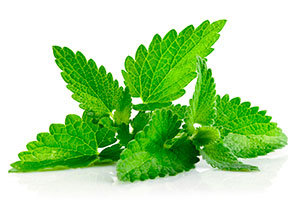
And there are always reviews of those who say they’ve tried it and it didn’t work.
But realize that mint does indeed give off a scent that mice hate, even while creating an aromatic sensation that people love. If you just throw a few mint leaves here and there, no, it’s not going to work.
You have to do it right, following tips like these:
- Use spearmint. Look for the scientific name “mentha spicata.” Not all mints are created equal, and it’s spearmint that mice especially loathe.
- Start an herb garden. Grow mint in small pots around your home and along the edges of your house outside. Plant it near potential mouse entry points. Put pots on indoor window sills, counters, and tables. Dried mint leaves can work too, but fresh and alive is best.
- Consider your hardiness zone. Mint grows best in US Department of Agriculture plant-hardiness zones 8 through 10. That means the South and the West Coast. But you can grow it inside and during the warmest months further north. No fertilizer is needed and it’s easy to grow, but plant it in partial shade for best results.
Mint Oil
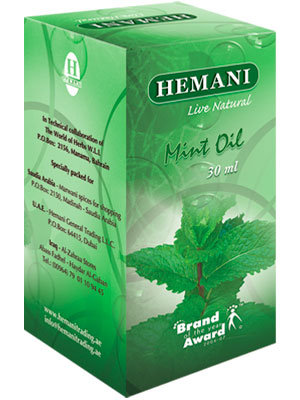
Click on the link if you want to learn more on the question, “Does peppermint oil get rid of mice?”
Cayenne Pepper
If you love hot foods and have cayenne pepper around the house (or if the idea of repelling mice with flaming hot chili powder appeals to you somehow), you’ll be glad to hear that cayenne pepper is yet another potentially effective mouse repellent.
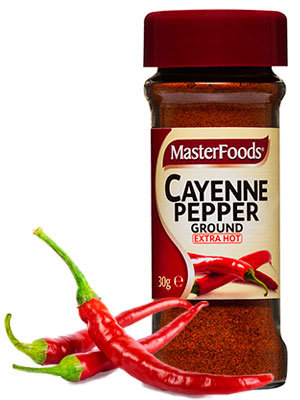
Also, you can make cayenne pepper spray to get into even harder to reach nooks and crannies. Soak cayenne pepper with garlic and horseradish in oil for a few days. Then strain it and put it in a spray bottle (with a little water if that helps it spray out more easily.) It will stick on surfaces and continue to deter mice for some time.
Finally, note that you can use red pepper flakes, Tabasco Sauce, or other hot sauces in a way very similar to cayenne pepper to deter mice. (And Tabasco mixed with dish soap and water makes a good anti-mouse spray.)
Alternative ways of preventing a mice infestation are generally cheaper than commercial repellents or calling in an exterminator. But also remember that each mouse’s nose will react a little bit differently to the same smells, and each home environment and situation differs too. Keep experimenting until you find something that works, and then ramp up your mouse control efforts to full blast to get maximum results.

 Ammonia. Ammonia is found in many cleaning products and mice hate it as much as you do, if for different reasons. Ammonia smells like the urine of predators and frightensn mice away. As a bonus, it removes stains and smells mice leave behind! Rub it along mouse trails and anywhere mice might hide, but use gloves, mask, and proper ventilation for safety’s sake.
Ammonia. Ammonia is found in many cleaning products and mice hate it as much as you do, if for different reasons. Ammonia smells like the urine of predators and frightensn mice away. As a bonus, it removes stains and smells mice leave behind! Rub it along mouse trails and anywhere mice might hide, but use gloves, mask, and proper ventilation for safety’s sake.